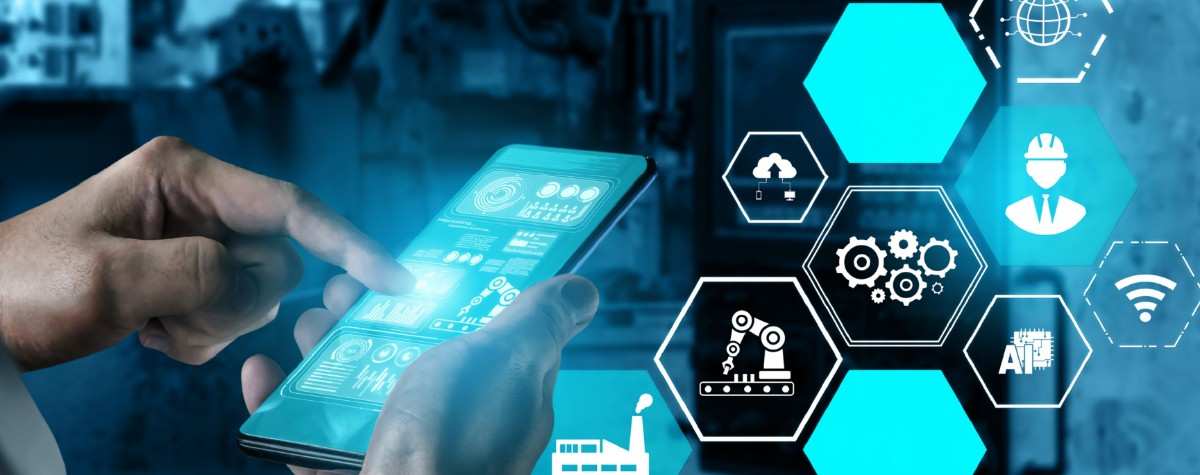


Explore the impact of software product engineering on healthcare innovation with AI integration, medical device development, & digital health solutions.
The healthcare industry is at a turning point, with increasing costs, additional patient demands, and coping with the burden of chronic diseases. Traditional healthcare methods fail to meet current needs, which requires a foundational change in solution development and implementation processes. Product engineering represents a transformative force within this context.
Product engineering is more than just software development; it is a holistic, strategic discipline focused on creating innovative, user-centric, and market-relevant solutions that address these pressing challenges. This article from Dash Technologies explores how software product engineering isn’t only enhancing existing solutions but also shaping the future of healthcare technology.
Healthcare product engineering involves a considerable change from conventional software development to an end-to-end strategy that covers the entire product life cycle. It involves all the phases, like generating new ideas, designing, developing, testing, and deployment of software and hardware intended for medical use. Unlike conventional software engineering, which primarily focuses on technical aspects, software device engineering encompasses a broader perspective that considers market trends, user behavior, regulations, legislation, and clinical processes.
Modern software product engineering services bring transformative changes to both electronic health record (EHR) systems and care coordination platforms. Current healthcare organizations require advanced systems that enhance clinical operations, facilitate better data sharing, and enable more effective care management among various healthcare providers. The integration of advanced technologies like HL7 FHIR standards within these systems enables seamless data exchange, which helps reduce administrative tasks for healthcare providers.
Product engineering services transform Electronic Medical Record (EMR) systems to develop user-friendly interfaces that help reduce physician burnout and enhance data accuracy and accessibility. The provided solutions feature intelligent workflows that guide healthcare providers through clinical procedures, maintaining efficiency and ensuring adherence to best practice standards and regulatory mandates.
The integration of artificial intelligence and machine learning solutions into healthcare systems occurs smoothly through advanced product engineering methods. The technologies deliver enhanced functions, including predictive analytics capabilities, automated diagnosis systems, and personalized treatment recommendations.
The development of AI-powered medical imaging solutions showcases the revolutionary capabilities enabled by healthcare product engineering. These sophisticated systems are able to detect tumors and other abnormalities more precisely and at higher rates than current methods, greatly improving diagnostic quality and patient outcomes. For instance, Google AI imaging technologies can assist physicians in diagnosing breast cancer through deep learning analysis of mammogram images.
Voice assistant tech and natural language processing are making their way into healthcare systems. This allows for hands-free use, making it easier for both doctors and patients, and improving accessibility. These technologies show how software product engineering services streamline healthcare interfaces and make them more user-friendly.
The Internet of Things has revolutionized healthcare with innovative product engineering, bridging the gap between devices, patients, and healthcare practitioners. IoT devices enable healthcare professionals to remotely monitor patient health metrics and vital signs in real-time from any location.
IoT applications for remote healthcare assistance enable doctors to monitor patients from anywhere in the world, providing critical health information and facilitating remote monitoring functions. Connected health solutions deliver essential healthcare solutions to underserved regions by providing equal access to quality medical services, regardless of patients’ location. This significant enhancement demonstrates how engineered healthcare technologies can save human lives.
Digital Therapeutics (DTx) are a specific subclass of Software as a Medical Device (SaMD), which deliver evidence-based therapeutic interventions directly to patients. Software device engineering is a crucial skill in developing stand-alone software products, such as mobile apps, cloud-based software, or even desktop applications, each designed to achieve a specific medical outcome.
Their influence is significant: Digital therapeutics are designed to cure or alleviate different diseases by establishing and disseminating medical therapies through the prescription of clinical experts or confirmation of a diagnosis. Their use is expanding rapidly across a broad spectrum of conditions, including chronic diseases, mental disorders, metabolic disorders, neurological disorders, and substance use disorders.
